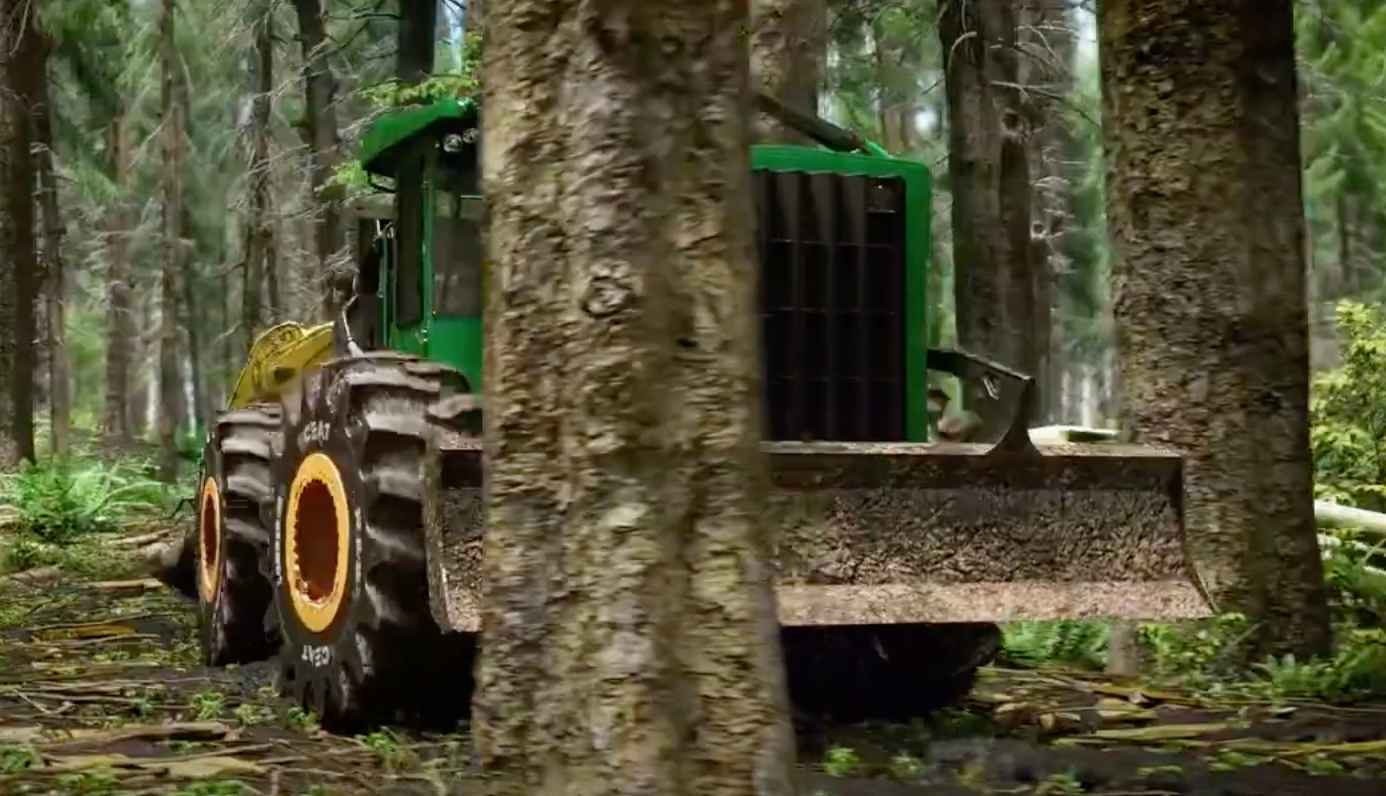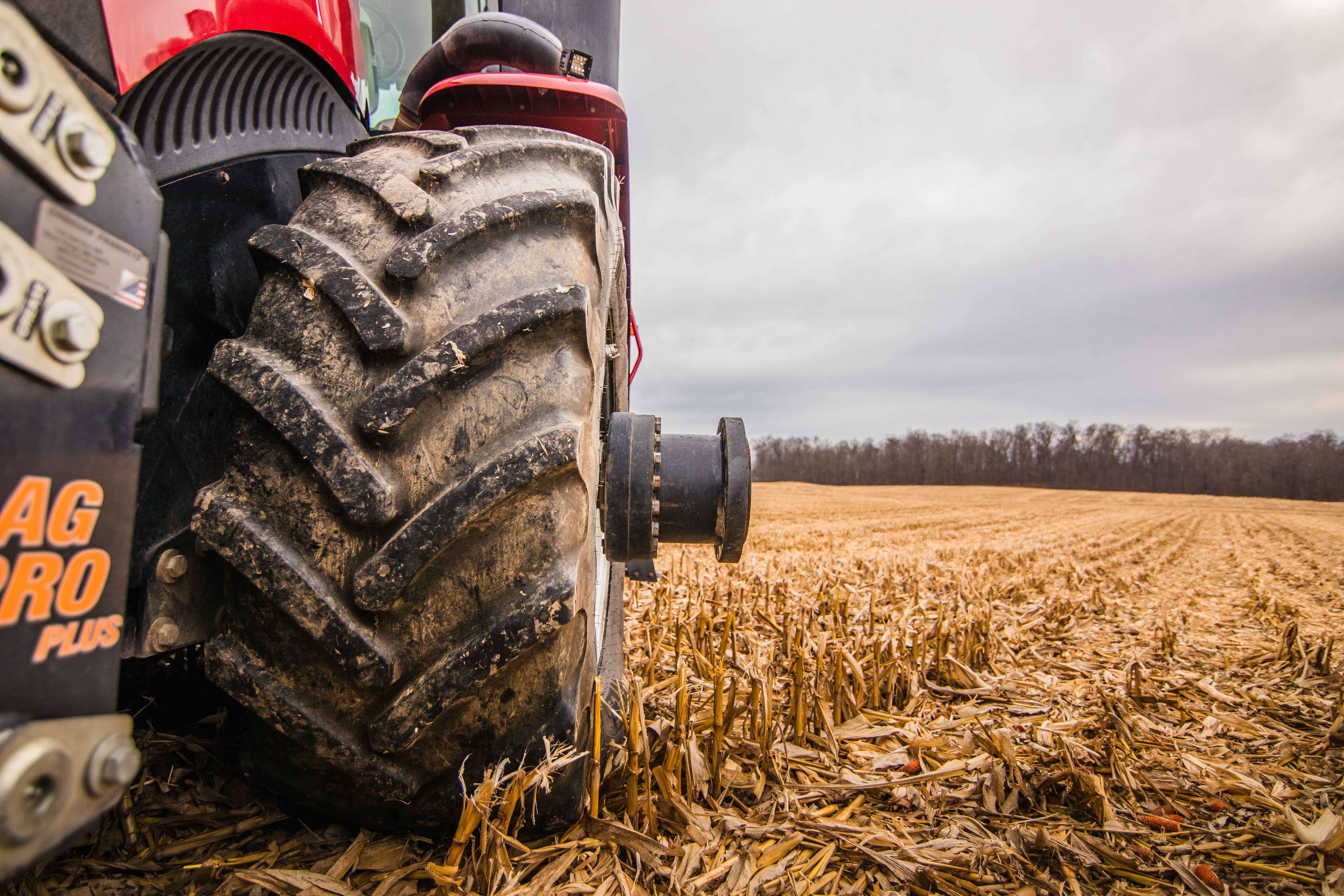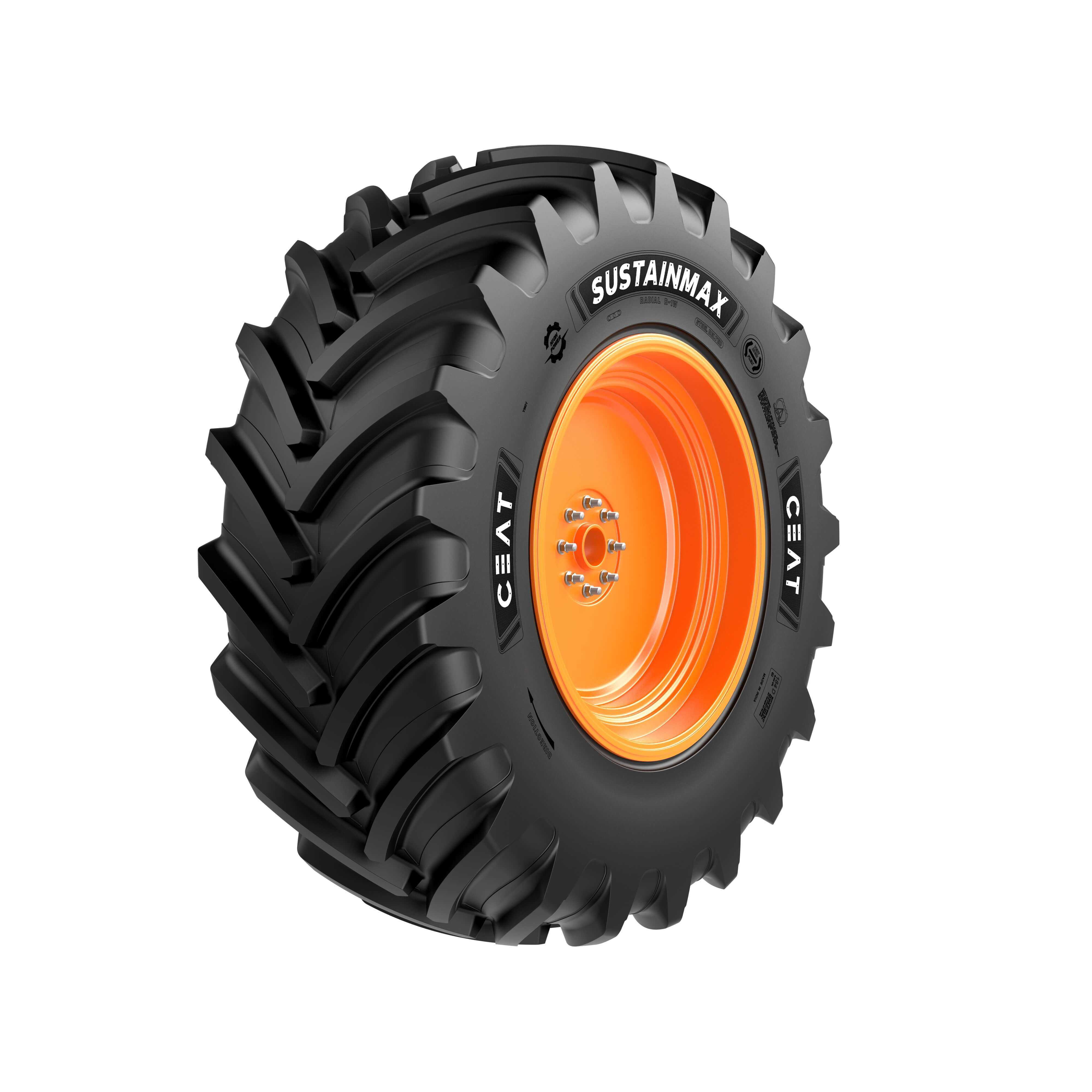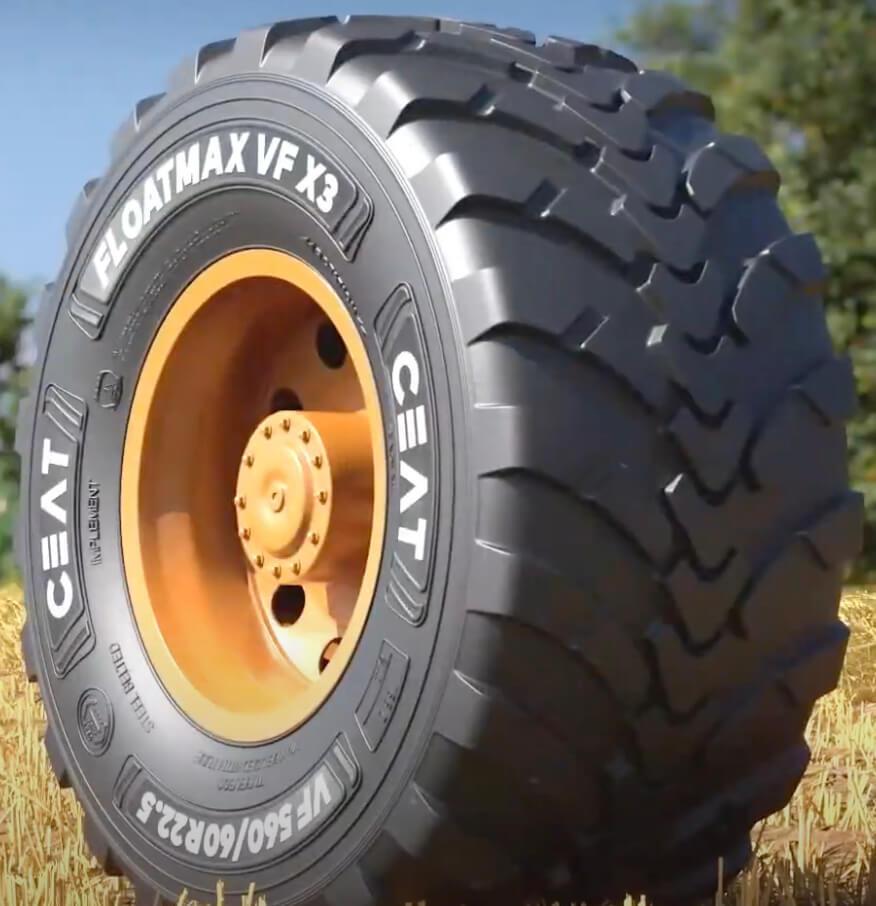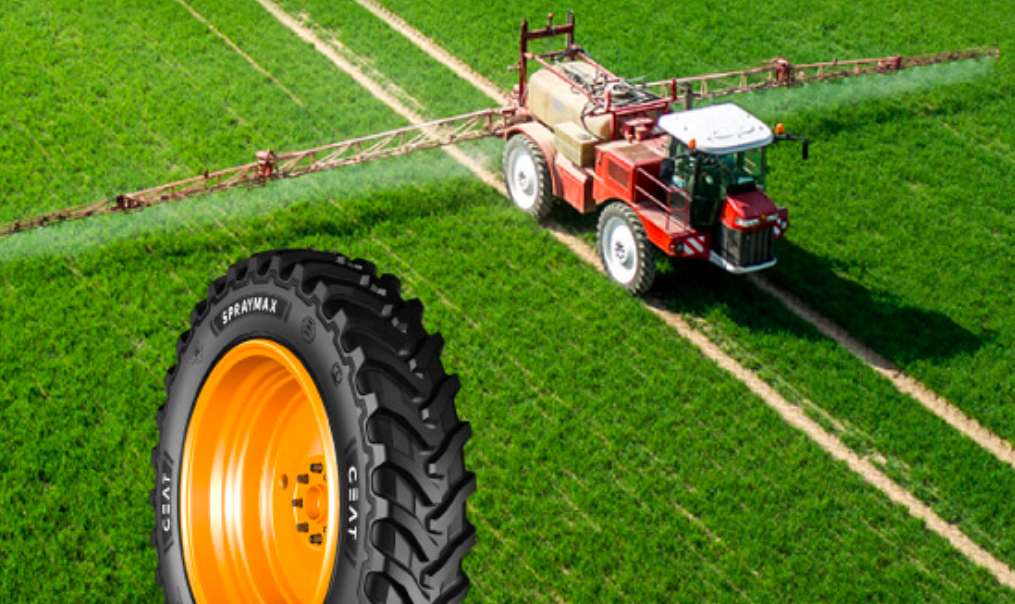products
Key Features of CEAT Ag Tires
Fri, 11 Mar 2022 | products
Before doing an online search for “tractor tires near me,” it’s important to know some of the key attributes of farm tractor tires and implement tires.
Do the tires, for instance, have the right construction and tread design to minimize soil compaction? This is becoming a bigger and bigger issue for North American farmers as the size of their equipment gets bigger and heavier.
Soil Compaction
With soil compaction, the density of the soil increases when it is compressed. In other words, the soil becomes denser and everypound of soil weighs more when the pores are compressed. It is often easy to understand and gauge the effects of soil compaction from watching a farm tractor tire roll over loose soil in wet conditions.
Soil compaction results in root growth being restricted. It decreases the number and size of large pores, macropores. As a result, there are fewer pores with diameter larger than roots in which the roots can grow freely.
Soil compaction also restricts the movement of water down through the soil. This causes water saturation in the upper layers, which in turn can lead to oxygen deficiency for the roots. In addition, soil aeration status affects the availability of various plant nutrients such as nitrogen and manganese. It all adds up to less yield per acre.
CEAT farm tractor tires, such as the FARMAX R90, feature wider treads, with larger inner volume, to reduce soil compaction. In addition, the rounded shoulders of the CEAT tractor tires cause less disruption to the soil and crop.
Roadability
These days, as more and more farms pass on to the next generation, the acreage is split up among the children. Also, the cost of tractors, combines and other equipment has gotten sky high, so farmers need to work as much acreage as possible to pay for their equipment. These two factors together mean a lot of road time for farm tractor tires.
Take third-generation peanut farmer Justin Studstill for instance. His crew plants and harvests peanuts over a 60 square mile area in southeastern Georgia. That’s a lot of road time for his John Deere tractors, and he is thrilled with the roadability of his CEAT FARMAX R80 tractor tires. He says they provide a good stable ride on the road – not “squirrelly” – and the longer service life is outstanding.
The superior roadability of FARMAX tractor tires comes courtesy of a higher angle lug and lug overlap at the center.
Traction in the Field
The R1-W tread depth of CEAT FARMAX tractor tires provides longer service life and dependable traction in the field. Less slippage translates into efficiency all the way around, including fuel savings. In addition to tread depth, a lower angle at the shoulder of CEAT farm tractor tires brings home superior traction.
Combine tires
Having the right tractor tires is only part of the equation of course. Combines today are getting larger and larger; they require a new generation of radial tires such as the CEAT YIELDMAX, specially designed to support the massive machinery and provide a higher load capacity.
The CEAT YIELDMAX is engineered and designed to ensure minimum impact on the soil.
It features a lower lug angle around the shoulders to ensure higher traction, and sharp shoulders enable excellent grip.
A higher lug angle around center lug also provides better side stability. The CEAT YIELDMAX has a tough casing and rigid belt that provides all the advantages of the radial construction while supporting heavy equipment and loads, making it suitable for all types of harvesting applications, like combine harvester, forage harvester and sugarcane harvester.
Tractor tires and farm implement tires are not a commodity; Some of them, like the Ag radials produced at the ultra-advanced CEAT plant, are marvels of modern engineering. Do your research before making a purchase. Making the right decision on your farm tractor tires can contribute significantly to your bottom line. With input costs going through the roof in 2022, farmers and ranchers can use all the help they can get!





